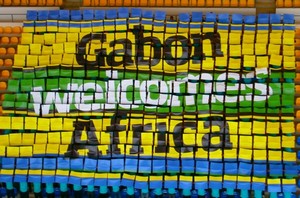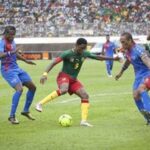It’s crucial to highlight that Gabon and Equatorial Guinea will be absent from the upcoming African Cup of Nations (CAN), a significant development given that they co-hosted the CAN in 2012. While these two nations may not be considered football powerhouses in Africa, their role as co-organizers in 2012 raises questions about their decline in the six months following the tournament.
Gabon, as the host of CAN 2012, experienced a vibrant celebration of African football last January. The Nzalang national team, in addition to enjoying popular support, benefitted from substantial financial incentives provided by the son of the head of state, Obiang Junior. Players were rewarded handsomely, with the first scorer in a match potentially receiving up to 50 million FCFA, along with similarly substantial collective bonuses. The team featured players from various nationalities, including Brazil, Portugal, Angola, Ivory Coast, and Cameroon. Despite their diverse lineup, reaching the quarter-finals, where they overcame Senegal, showcased their competitive edge.
However, since then, a considerable number of players have departed for English clubs, leaving behind a team searching for stability. Despite their spirited performance against DR Congo, the 4-0 defeat in the first leg significantly contributed to their elimination.
For Gabon, a nation that organized and reached the quarter-finals of CAN 2012, the closed expressions on the players’ faces after the match against Togo reflected their profound disappointment. The Panthers had hoped to build on their success over the past two years, not only in terms of sports but also in light of the substantial financial and human contributions made by President Ali Bongo.
This scenario, while disheartening, is not unprecedented in African football. Cameroon, organizers of CAN in 1972, did not participate in 1974, and Ethiopia, hosting in 1976, was absent two years later. Such examples abound in the history of the tournament.











